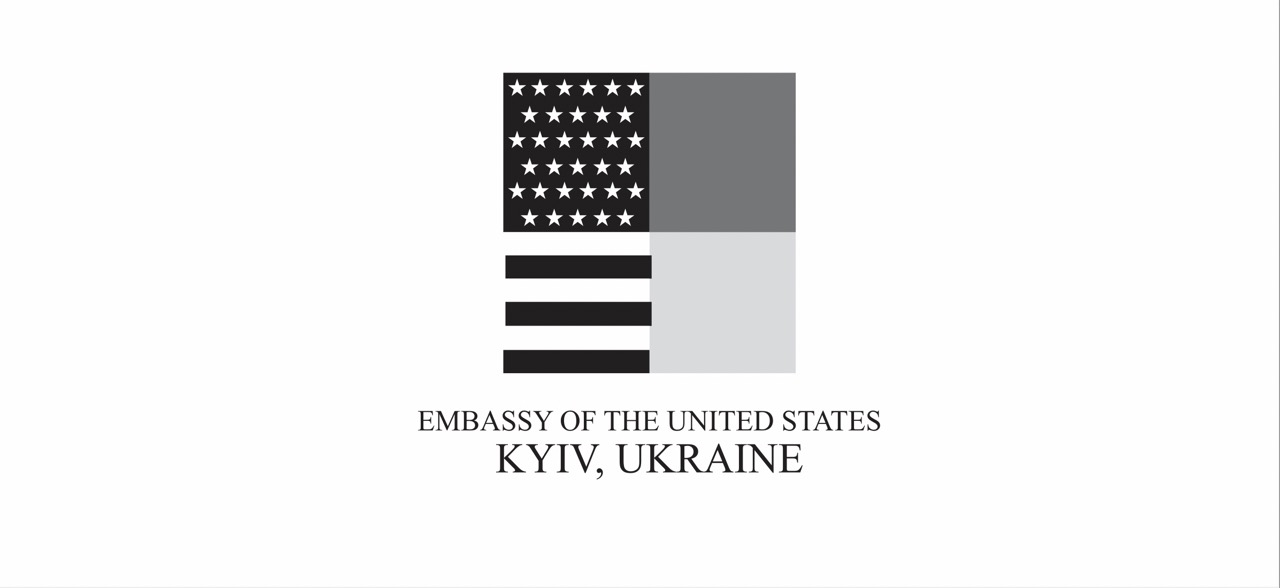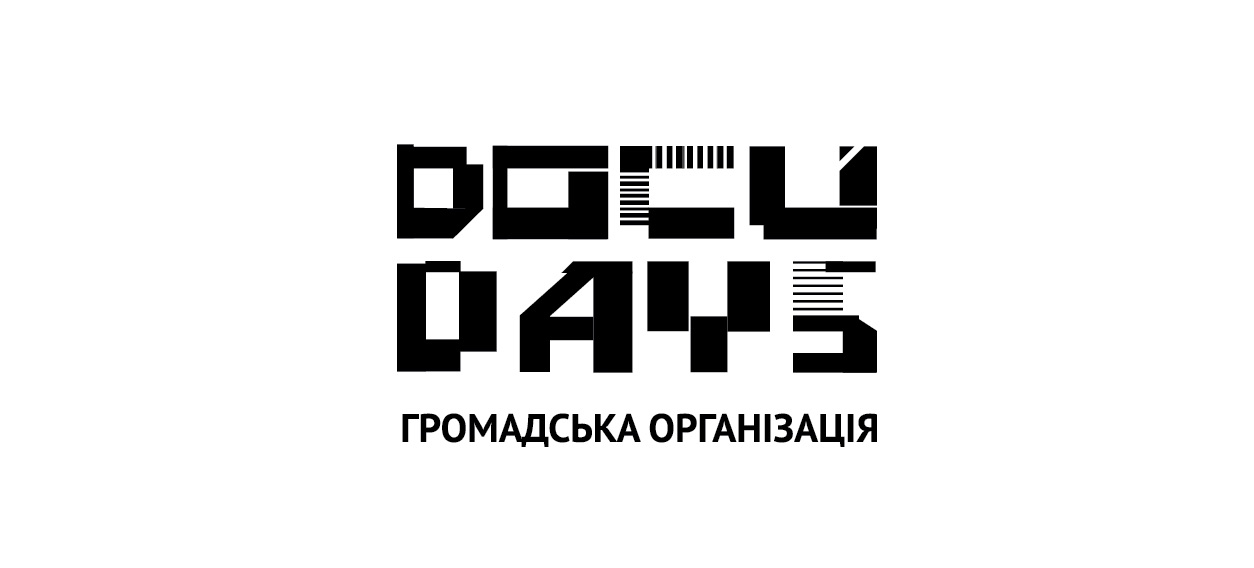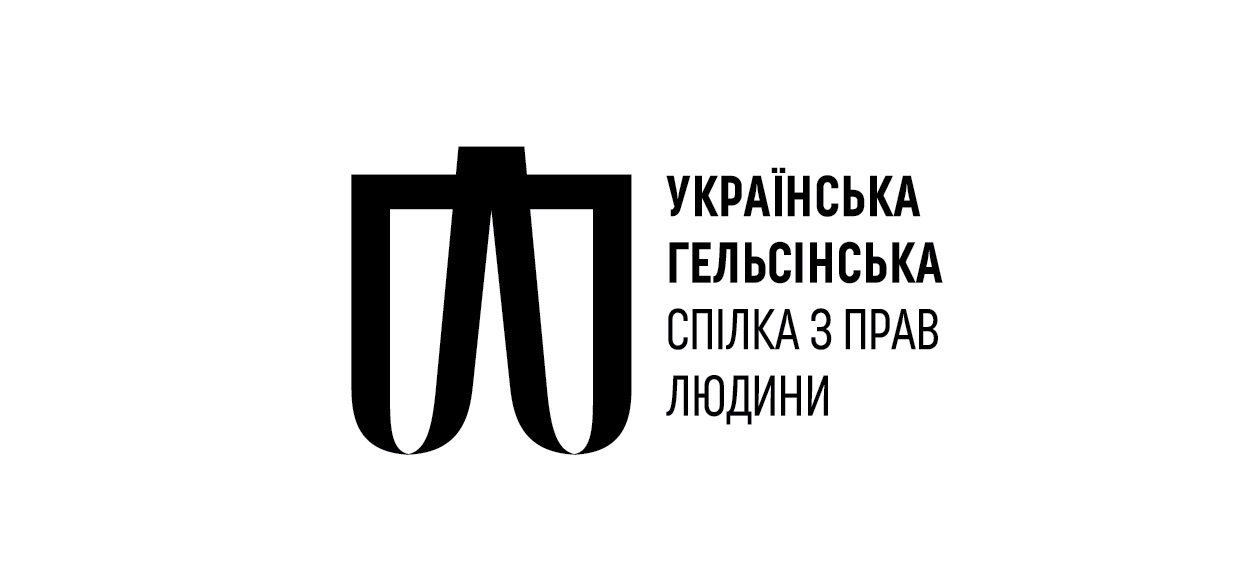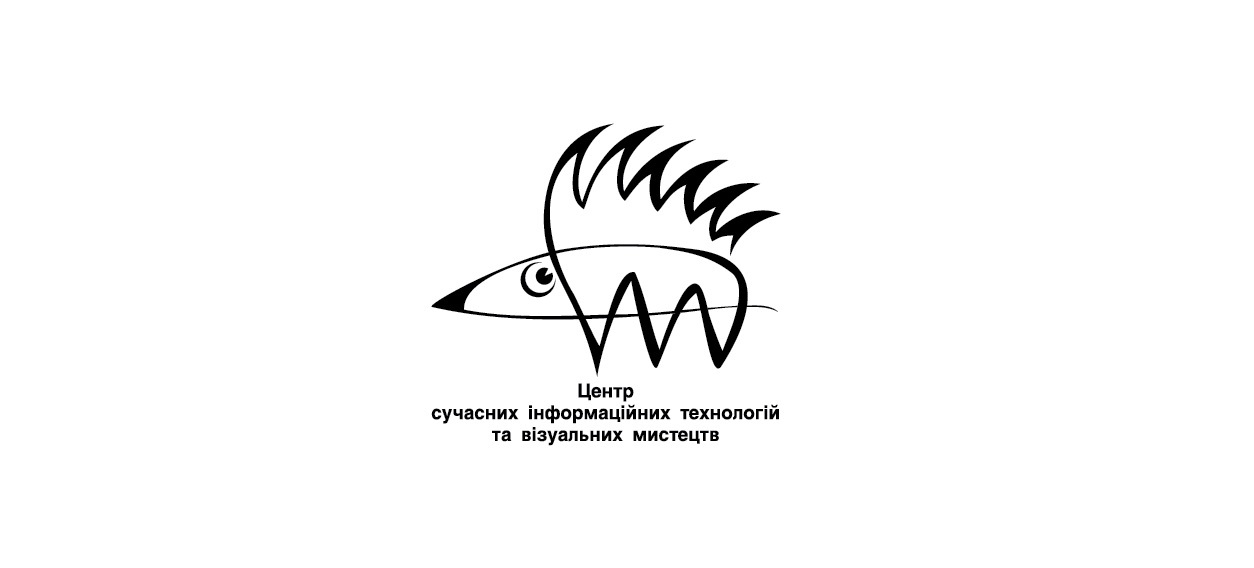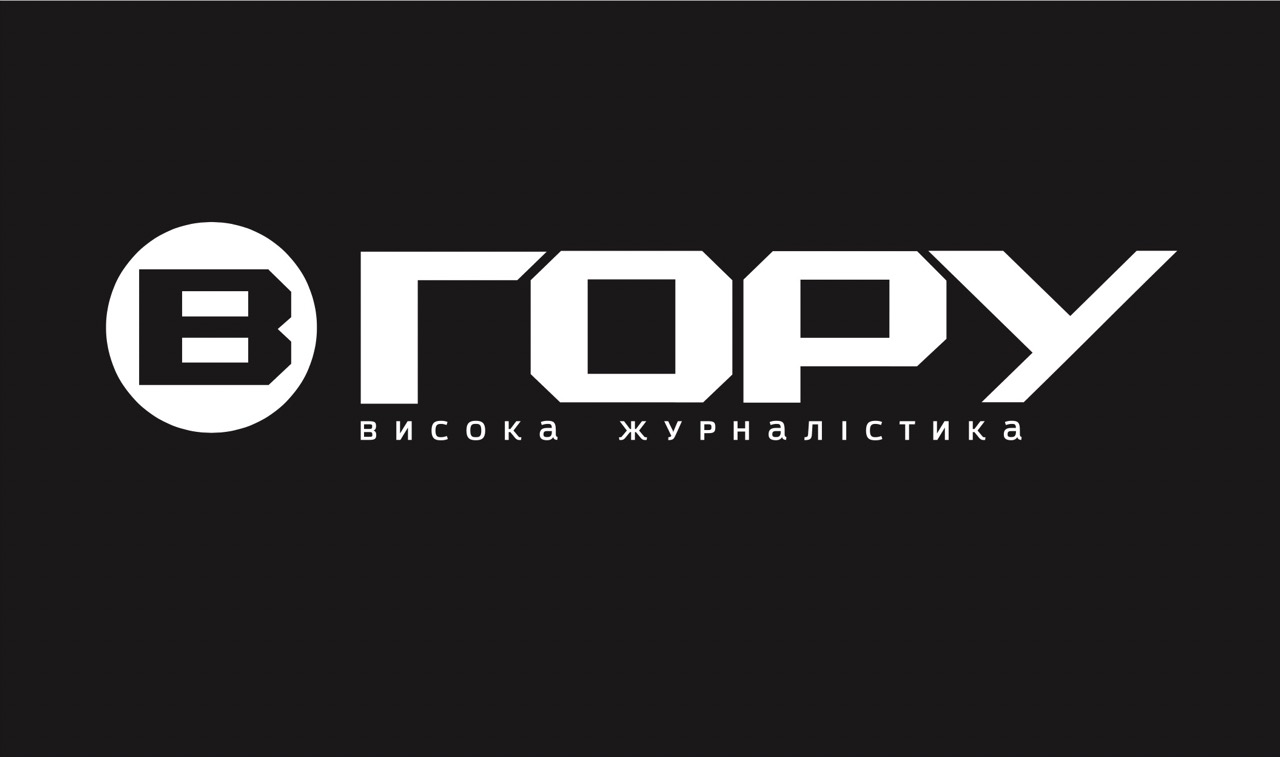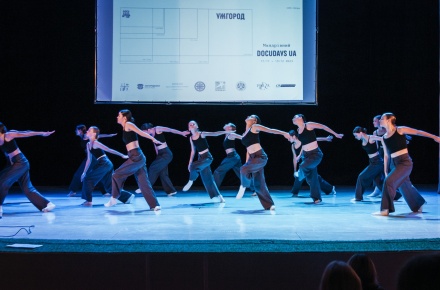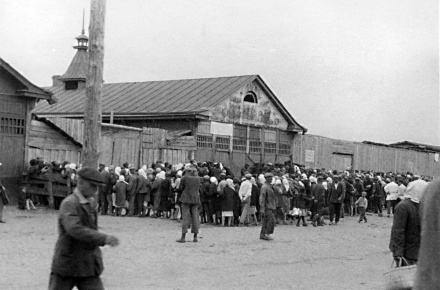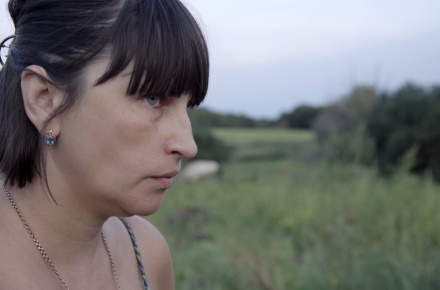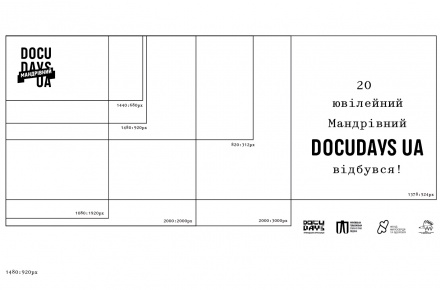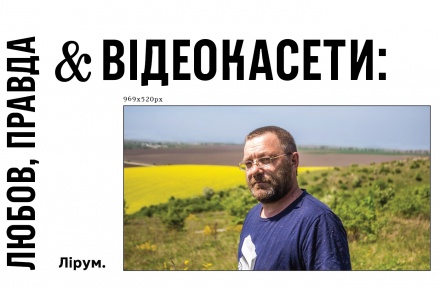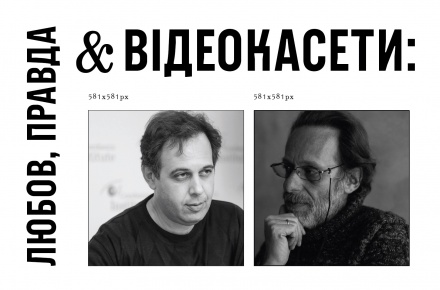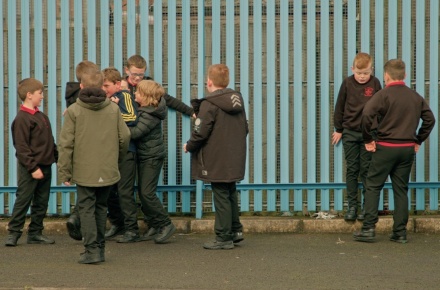"I would like the film Unseen to raise the issue of women's rights violations during childbirth in Europe," said director Maia Martiniak
"I would like the film Unseen to raise the issue of women's rights violations during childbirth in Europe," said director Maia Martiniak
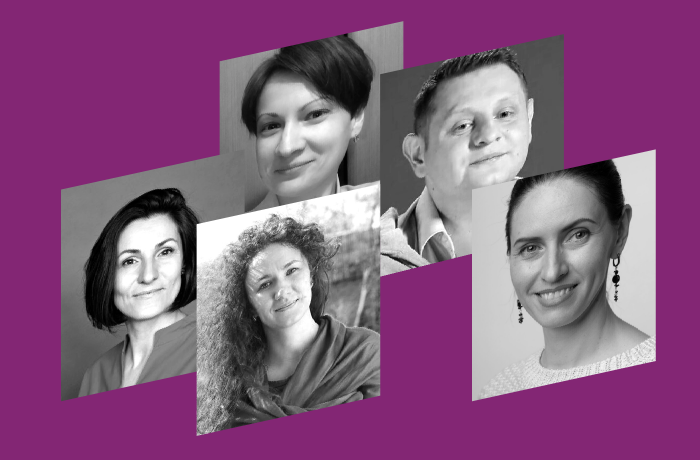
On 10 December, a discussion Give Birth With Dignity! Women's Rights to Safe Childbirth within the framework of NGO Docudays' Nationwide Campaign Together for Safe Childbirth! followed the online screening of the documentary Unseen. Maia Martiniak, director of the film Unseen, Uliana Stefak, head of the Centre for Free Legal Aid in Lviv, Serhii Bahalika, author of the column #dadcandoanything (#татоможевсе) on 1+1 TV channel and ambassador of the campaign Together for Safe Childbirth!, Ksenia Shymanska, director of the Human Rights Department at the NGO Docudays and Yevhenia Kubakh, expert of the campaign Together for Safe Childbirth! participated in the discussion.
Maia Martiniak told about the filming process which took seven years:
"During my studies, I made a film about home birth. When I started working on this topic, I couldn't believe that women have had so many negative experiences with childbirth. Including my mother. I realized that I could not be on the sidelines. It was very difficult to find those who would agree to become real protagonists because it is a very traumatic experience. Unfortunately, this topic is still relevant, as it was seven years ago when I started making the film. My message is that we are not talking about specific hospitals or doctors. We are talking about the problem of traumatic experiences during childbirth, which cannot be ignored."
Maia Martiniak added that she first found the protagonist from the Czech Republic, and then from Denmark, Slovakia, and the United States. Arrangements with hospitals and staff in different countries happened differently. For example, in Slovakia, the director had to negotiate with the hospital staff for permission to shoot the film for two years, and in Denmark, it took only a week. The director noted that during the screening of this film by medical staff in Slovakia, doctors were very quiet and said that this problem did not exist.
"I would like the film Unseen to raise the issue of women's rights violations during childbirth in Europe. <…> In fact, there is a lack of respect from the medical staff. Even if the nurse who puts pressure on the woman in labor has also had a negative experience of childbirth, this cannot justify her actions. But it is important to understand this cycle. A woman who has had a negative experience may then be likely to reproduce it, rather than empathize," Maia Martiniak summed up.
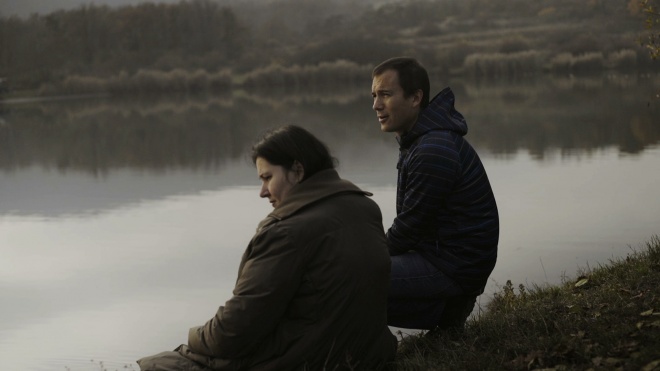
Uliana Stefak noted that more people are talking about obstetric violence today than before:
"To give birth with dignity and to be born with dignity is an inalienable right. Post-traumatic stress disorder affects both the baby and the mother. I’m going to reflect upon this film for a long time. I want us to change our perspective. And I will tell my daughter and son that everyone has the right to give birth with dignity. Until recently, obstetric violence was a taboo topic, but today the issue of collective responsibility, when a doctor covers a doctor up, is already changing and will continue to change in the direction of protecting the rights of mothers and children."
Support of relatives is also important for women during pregnancy and childbirth. In Ukraine, partnered childbirth is becoming increasingly popular.
Serhii Bahalika, who is currently on parental leave, told about the importance of partnered childbirth for women:
"We had a plan of partnered childbirth. We gave birth during the pandemic, and I know there have been cases when doctors did allow to give birth together. I see that many men I know are already participating in childbirth, but there are still many prejudices in society. But you are the only person who should listen to your loved one. The experience of partnered childbirth will only strengthen your relationship."
He urged men to be present at the birth of a child because a close person in the delivery room is great support for a woman and an important link in communication between her and the medical staff.
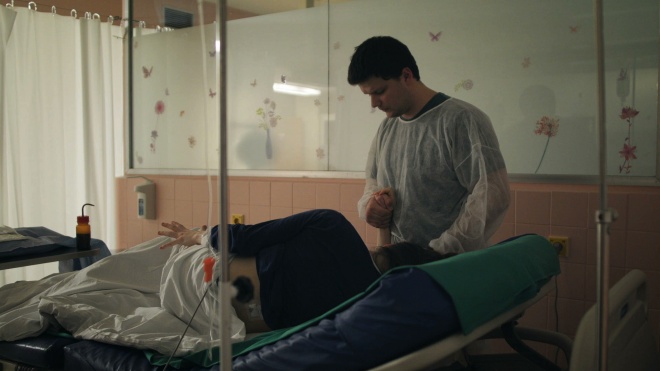
Ksenia Shymanska stressed that women's experiences during childbirth may be similar to the consequences of post-traumatic stress disorder (PTSD):
"It is important to remember that a woman is not an object, and the consequences of obstetric violence may be similar to the effects of PTSD our defenders in the East have.
In 2003, the NGO Natural Rights Ukraine («Природні Права Україна») conducted a study showing that about a third of mothers who have given birth with complications experience PTSD. And a survey at the end of 2018-2019 indicated that about 27% of respondents said that pressure on a pregnant woman's abdomen with the purpose of speeding the childbirth was applied to them. And often the medical staff assigned partners present at the childbirth to do it."
The human rights activist noted that the reason for violations of women's rights during childbirth is not always the rude treatment of medical staff. Physicians often simply do not have enough time to simply check the indicators, let alone pay more attention to the mother.
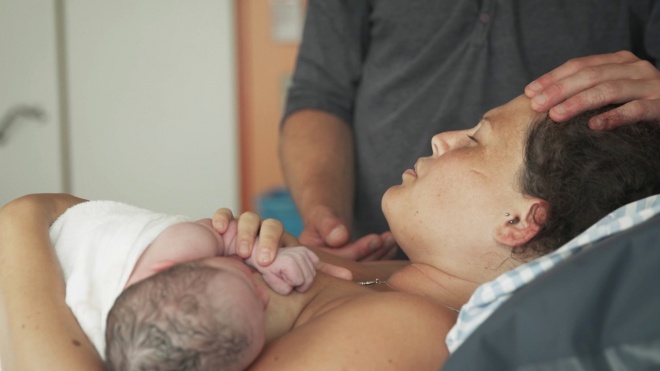
Yevhenia Kubakh, the co-founder of the NGO Natural Rights Ukraine, explained that there is no definition of "obstetric violence" in Ukrainian legislation. Therefore, it is almost impossible to prove, for example, psychological pressure or verbal insults of laboring and birthing people by medical staff.
"Obstetric violence is the actions of medical staff that include verbal abuse, discrimination, psychological pressure or coercion. The list of forms of obstetric violence is quite extensive. And for the most part, it's because some actions are not coordinated with the woman. There are no regulatory legal acts in Ukrainian legislation dealing with obstetric violence. A woman can contact the police if her health or life has been harmed during childbirth. But in a situation of psychological pressure, verbal abuse, a woman can only complain to the head of the institution or go to court to protect their rights."
The most important thing, according to Yevhenia Kubakh, the women should remember is that during childbirth they have the same rights as before: to life, health, freedom of choice, the right to information about themselves and their lives.
Author: Iryna Musii


